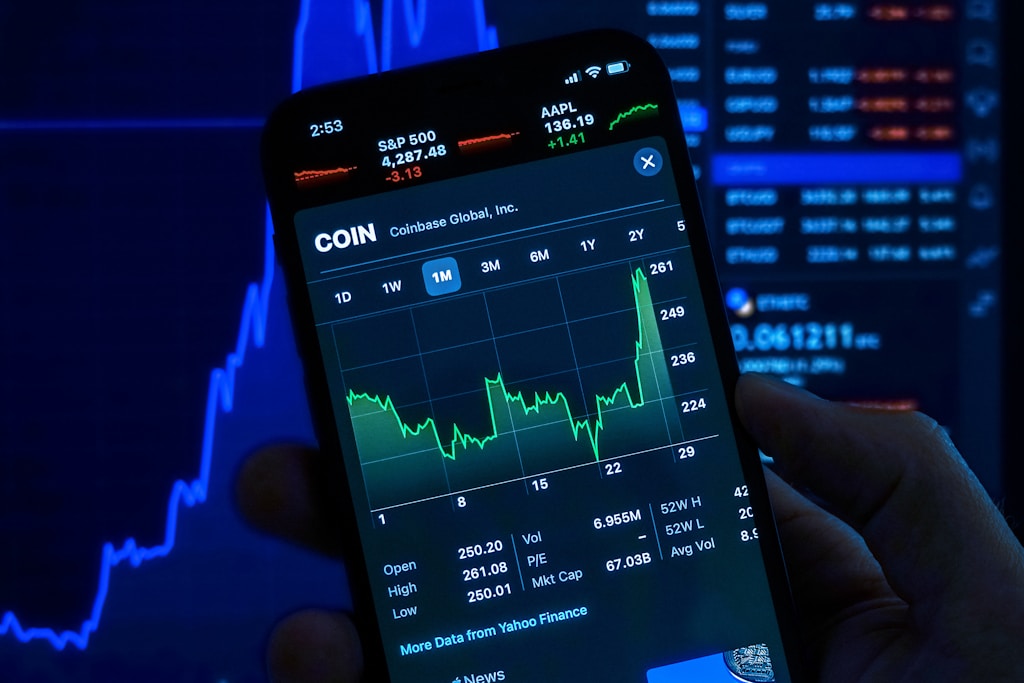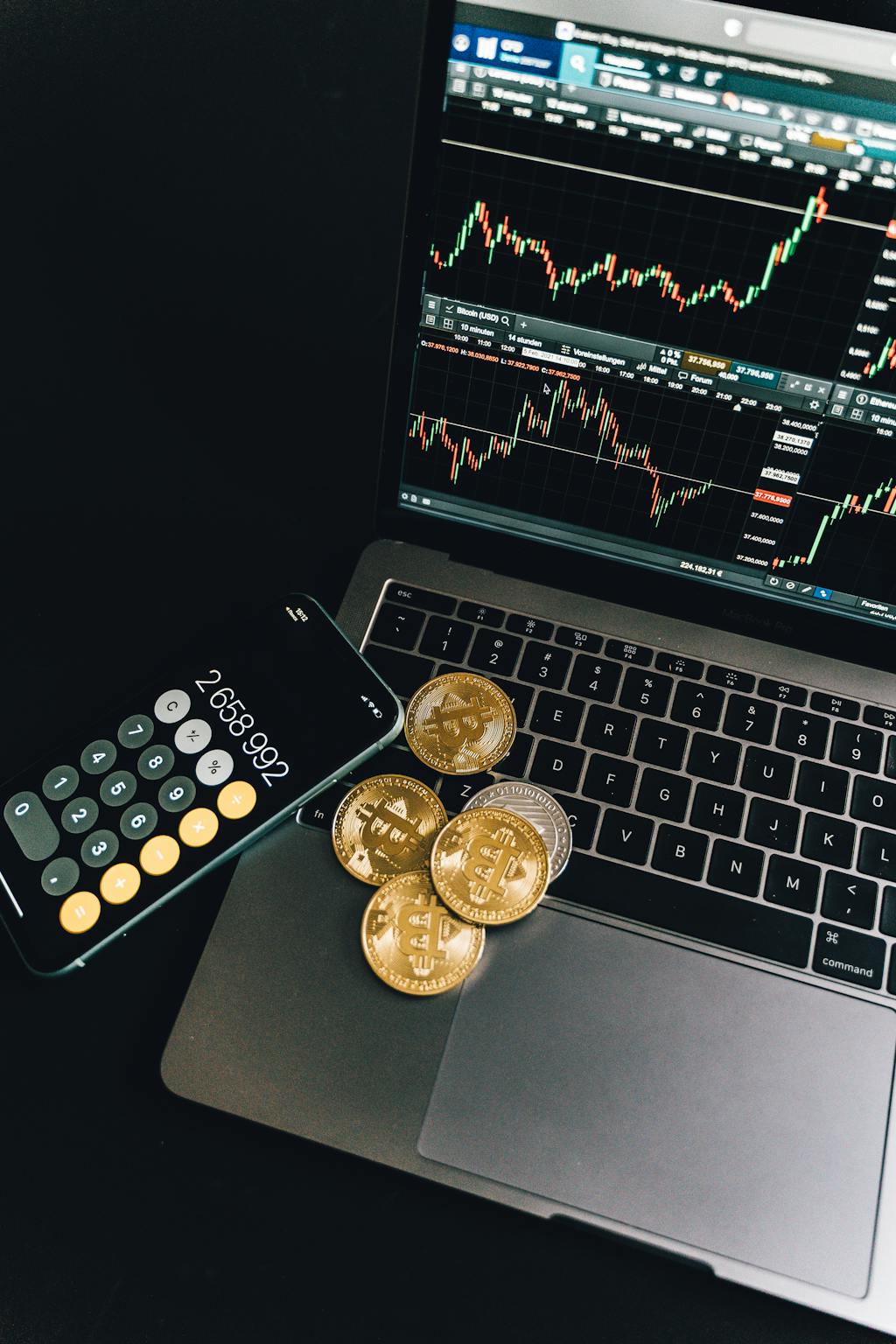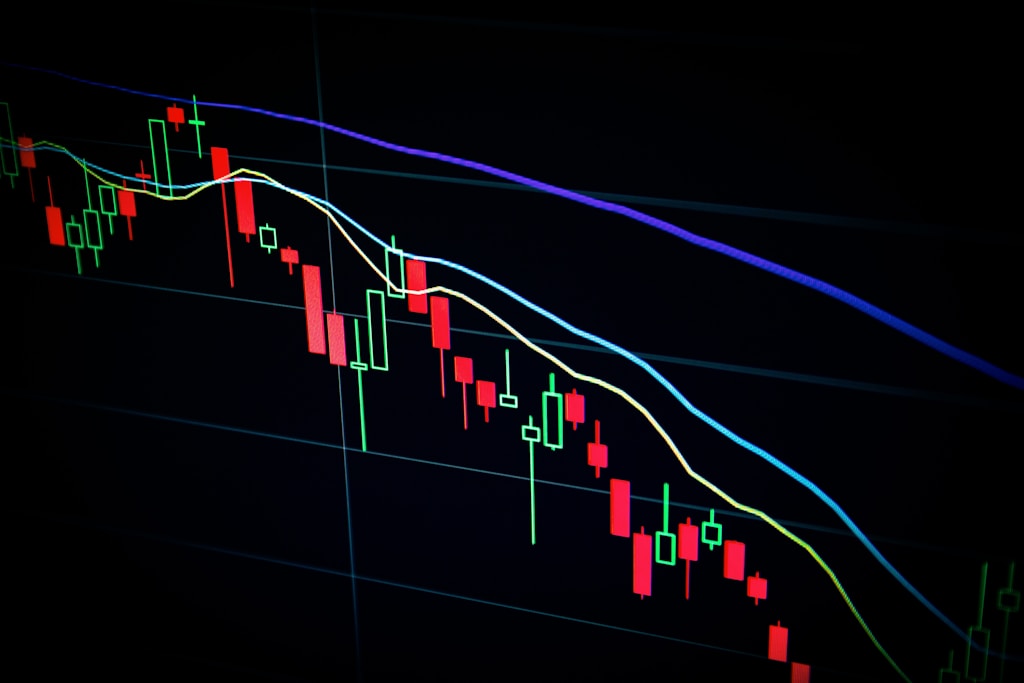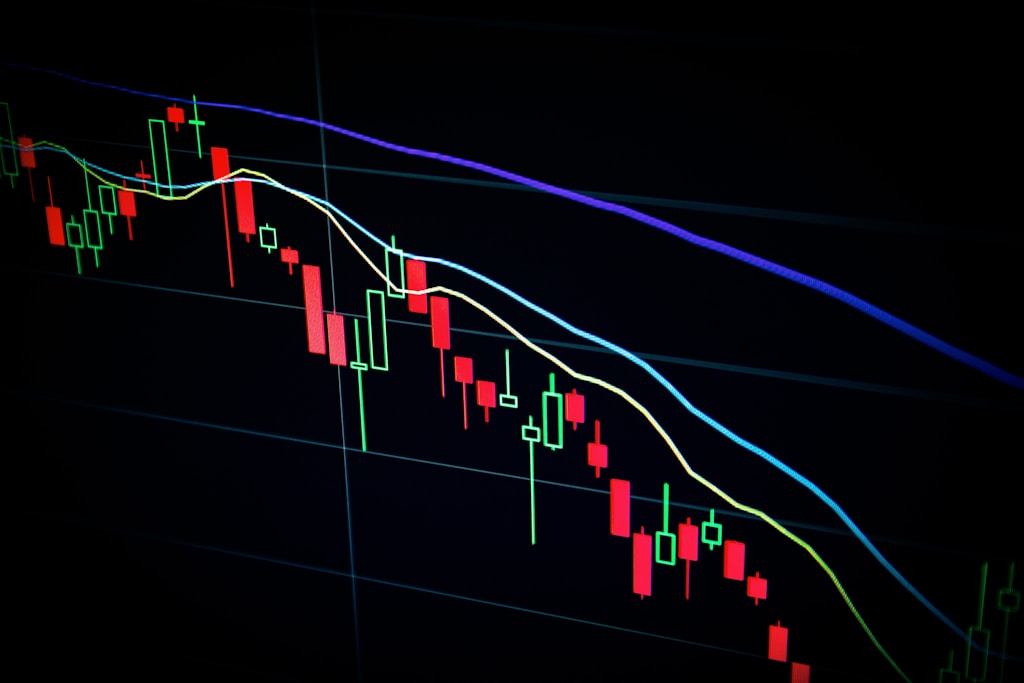Key Takeaways:
- Bitcoin price rebounds following positive U.S. employment data
- Previous market turbulence caused by Trump-Musk dispute subsides
- Labor market strength signals potential economic stability
Bitcoin’s price showed remarkable resilience on Friday as positive employment data from the U.S. Department of Labor sparked renewed market optimism. This upward movement comes as a welcome relief following recent market turbulence caused by the public disagreement between Donald Trump and Elon Musk that triggered a $621 million crypto market decline.
The latest jobs report exceeded analyst expectations, demonstrating the U.S. economy’s underlying strength and potentially supporting Bitcoin’s narrative as a mainstream investment asset. This positive momentum adds to Bitcoin’s already strong performance, having maintained support above $100,000 for the past month.
SPONSORED
Maximize your trading potential with up to 100x leverage on perpetual contracts
Market Impact Analysis
The employment data’s positive influence on Bitcoin’s price movement suggests growing correlation between traditional economic indicators and cryptocurrency markets. This relationship highlights Bitcoin’s evolving role in the broader financial ecosystem.
Technical Outlook
Current market indicators suggest potential for continued upward momentum, with key resistance levels now in focus. Trading volumes have increased significantly, indicating strong market participation.
FAQ Section
Q: How does employment data affect Bitcoin price?
A: Strong employment figures often boost market confidence, leading to increased investment in risk assets like Bitcoin.
Q: What does this mean for Bitcoin’s near-term outlook?
A: The positive economic data could support continued price stability and potential growth, though market volatility remains a factor.






